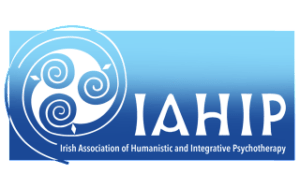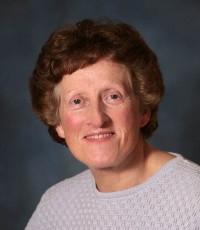Psychotherapy Training and Accreditation
Edel Bose holds a BSc(Hons) in Counselling and Psychotherapy. Her training also includes a post-graduate Diploma in Gestalt Therapy, Eating Disorders, Cognitive Behavioural Therapy (CBT), Sand Therapy and Art Therapy. She has completed Level 1 (2002) and Level 2 (2014) Sensorimotor Trauma Training in body psychotherapy. Edel also holds a certificate in Hakomi-Body-Centred Psychotherapy which was originally pioneered by Ron Kurtz and developed further by Pat Ogden. She has completed the Dublin Rape Crisis trauma training course and has training in addiction.
Edel is an accredited member and supervisor with the Irish Association for Humanistic and Integrative Psychotherapy (IAHIP) and of the European Association of Psychotherapy (EAP). She is an Associate member of the Irish Association of Counselling and Psychotherapy (IACP).
Counselling and Psychotherapeutic Approach
Edel offers counselling and psychotherapy to individuals, families, couples and groups. She also facilitates Group Work; Support Groups and Workshops. Edel’s approach is Humanistic & Integrative, which means she uses many different types of therapies and approaches including Cognitive Behavioural Therapy (CBT), psychodynamic, and person-centred. She also works with Sensorimotor/Hakomi Bodywork (a mindfulness-based body psychotherapy).
The Hakomi Method : Hakomi Mindfulness – Centered Somatic Psychotherapy
Hakomi is an experiential method, a body-orientated psychotherapy developed originally by Ron Kurtz. Using experiences evoked in mindfulness it supports people to self-study these and what they might be communicating. We use this method to assist others to become aware of how their life experiences are organised by old habits and beliefs, many of which may be limiting or hurtful. In this way of working the therapist learns how to help others have new experiences which can increase the possibilities for their life to be nourishing. The words of the founder of the method Ron Kurtz expresses the method most clearly:
‘This method is not about talking out your problems. There won’t be long, speculative conversations about your troubles or your history. This method is designed to assist you in studying the processes that automatically create and maintain the person that you have become. It is a method of assisted self-study.’
P.32 Ron Kurtz, The Essential Method in Hakomi Mindfulness-Centered Somatic Psychotherapy.
In this method the therapist supports you to enter into periods of mindfulness where you are calm enough to observe your habitual reactions. These experiments are always non- violent which is one of the principles of the hakomi method and are designed to evoke reactions that are reflections of the habits and beliefs that make you who you are. In using this method individuals are supported to move beyond what is habitual and to respond more spontaneously to life and what it brings.
Counselling Experience and Areas of Interest
Edel has extensive experience working as a counsellor and psychotherapist and works with a wide range of issues including Anxiety, Panic Depression, Loss and Bereavement, Sexual Abuse, Childhood/Adult Trauma and Post Traumatic Stress, Eating Disorders, Alcoholism, Addictions, 12-Step Programme, Personal Growth, Self-esteem and Self Worth, Workplace issues, Career-change and General Counselling.
She has completed training with Dublin Rape Crisis Centre and works with people who have experienced sexual violence and sexual abuse. She also supports women and men who are supporting someone or are impacted by someone’s experience of sexual violence.
Edel’s fee per session is €80 for an individual and €120 for a couple



